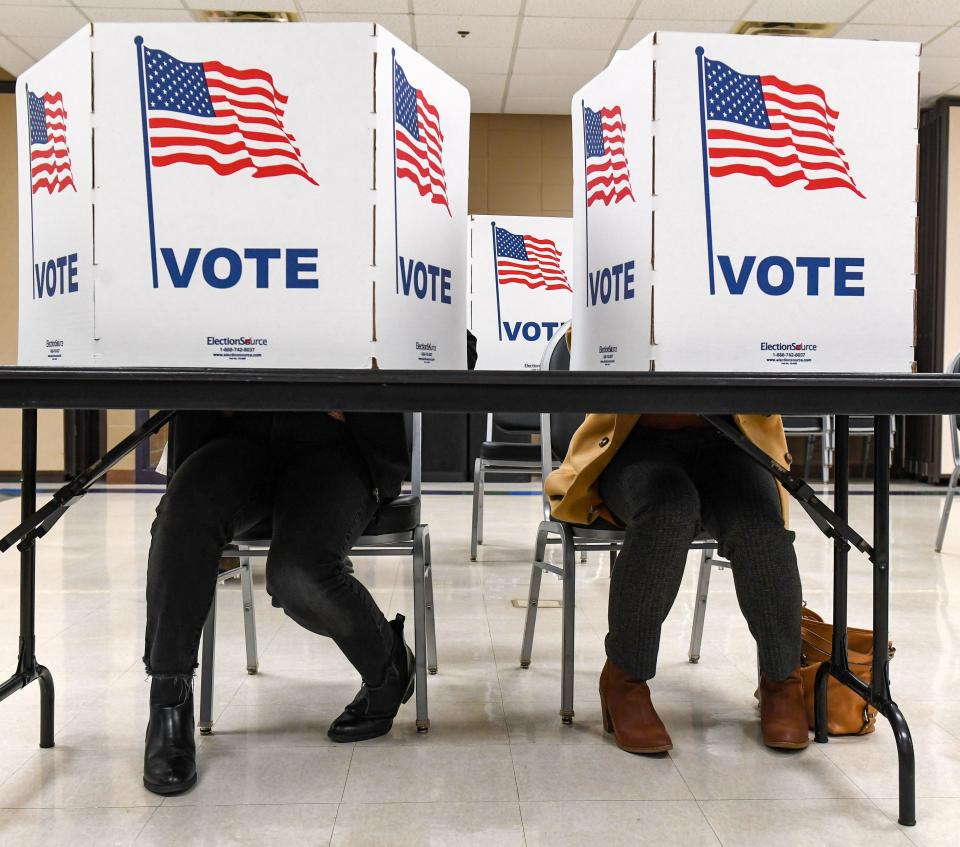South Dakota lawmakers vote down effort to make some election data a public record
PIERRE — Certain election-related data will not be classified as a public record after a Senate committee killed a bill Wednesday morning.
The Secretary of State’s Office brought SB 48 to make cast vote records, electronic data that represents how someone voted, public. Opposition centered around one phrase used in the bill, although that wasn’t the reason why it failed.

Rachel Soulek, the state election coordinator within the SOS office, said the records, also known as CVRs, are collected as tabulation machines read ballots. The records can be accessed through a specific software and printed.
Only four counties in South Dakota — Davison, Lincoln, Pennington and Minnehaha — have the software to collect and print out the CVRs. The remaining counties would have to spend more than $640,000 for the necessary software and printers to extract the information.
“Our office didn’t feel like we should be paying for it for all the counties,” Soulek said.
More: South Dakota county auditors say election process is safe and accurate
Sen. David Wheeler, R-Huron, in his remarks to kill the bill said he couldn’t support a bill that would create another unfunded mandate for counties already strapped for cash.
CVRs are typically used by researchers to look at larger trends, such as split ticket voting and how the political makeup of a precinct has changed, according to Votebeat, a nonprofit that covers elections and voting.
The records came to the forefront ahead of the 2022 election when groups across the country advocating for election transparency filed Freedom of Information requests asking for the data. In South Dakota, since the CVRs weren’t considered public record, those requests were denied and set off a legal battle.
More: Minnehaha County auditor says she’s not sure she can trust county’s voting system
Rick Weible, a prominent election denier from Elkton who is running for District 8 House, provided senators with an amendment to ensure the bill complied with federal law.
“I’ve been waiting four years for the state of South Dakota to make the cast vote records and ballot images public,” he said.
Senators on the Senate State Affairs committee voted unanimously to kill the bill.
This article originally appeared on Sioux Falls Argus Leader: South Dakota lawmakers kill bill making some election data public

